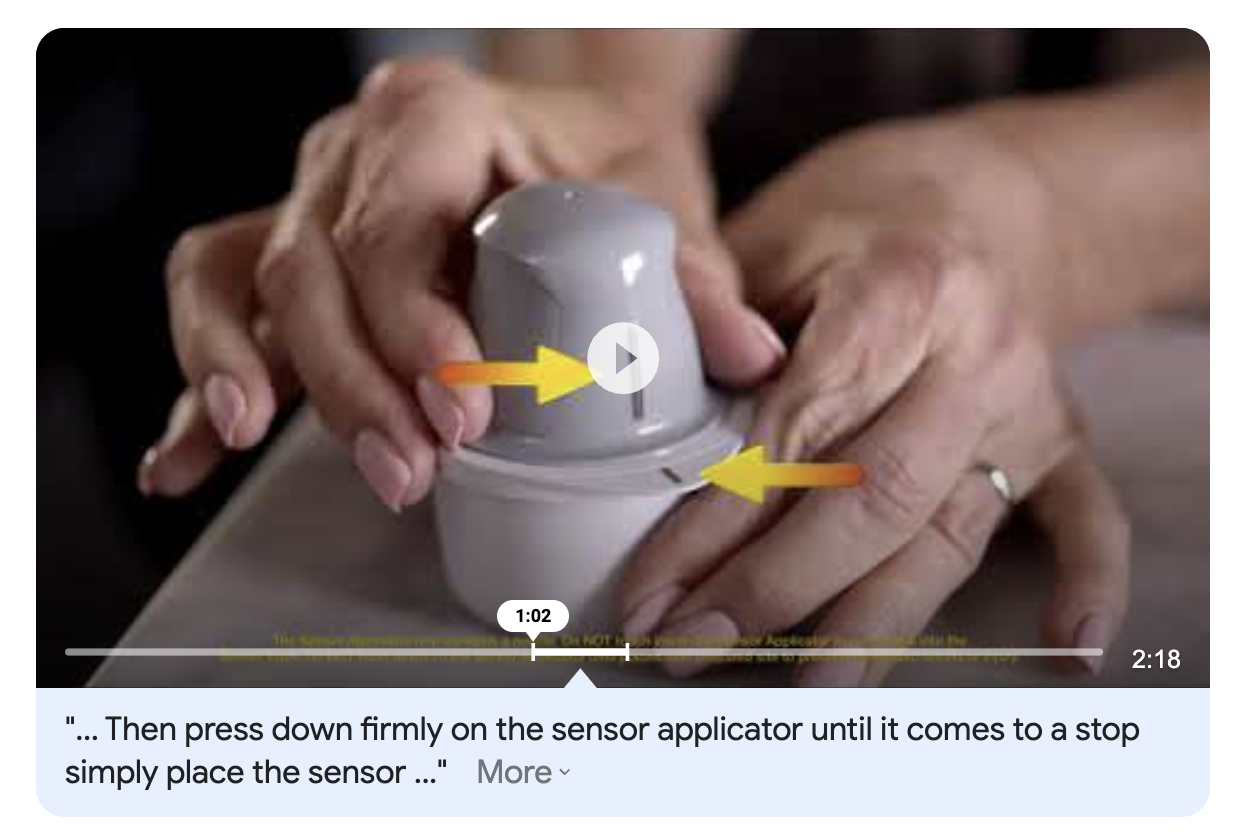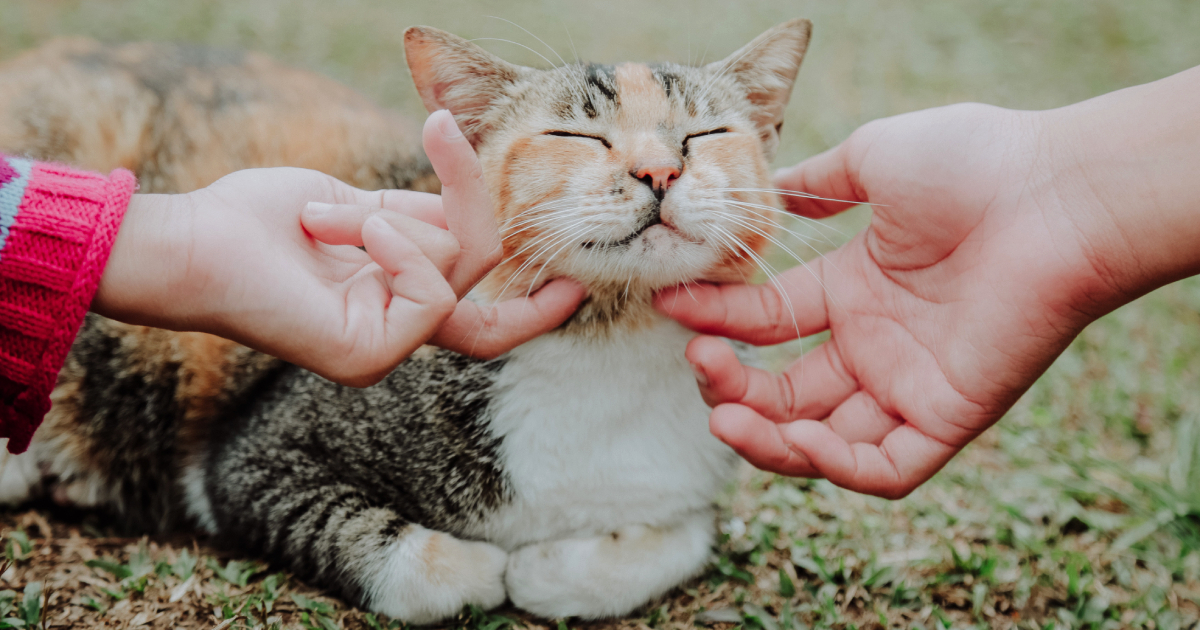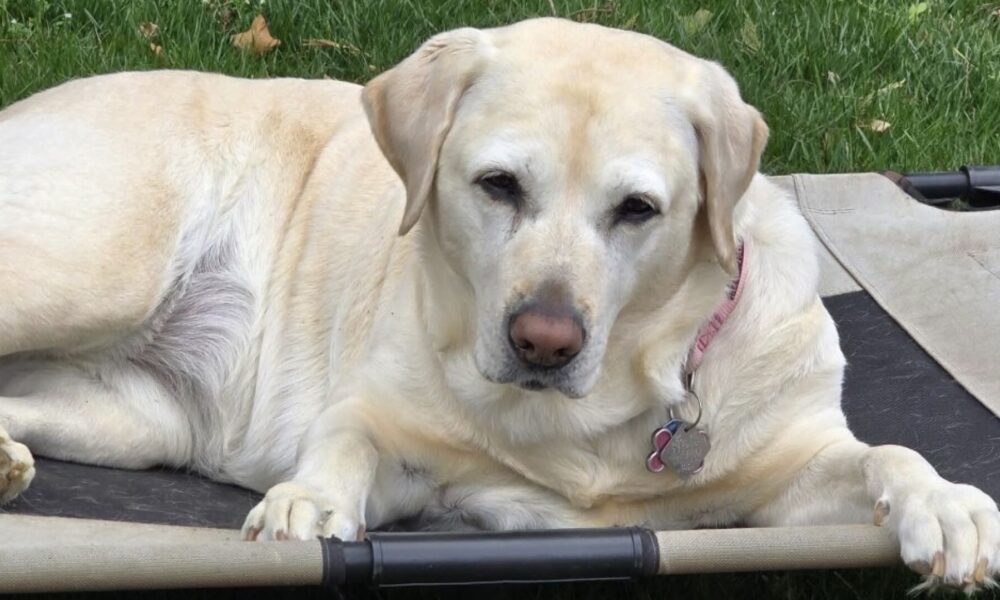Responsibility reminder to vets as ‘below care’ date set

An RCVS councillor has urged the physique to do extra to remind vets of their “responsibility” to assist uphold skilled requirements earlier than new “below care” steering is carried out.
The amended guidelines are lastly set to return into drive from 1 September, with a evaluate after 12 months, following the approval of additional revisions.
However considerations have persevered each over how the steering might be enforced, and the obvious onus positioned on particular person vets to report any points.
‘Blue on blue reporting’
The digital session on 16 March heard there was a historic impression that the faculty discouraged so-called “blue-on-blue reporting” of 1 skilled by one other.
However lay member Tim Walker mentioned being ready to step in when such points happen was an “important” a part of the veterinary function, and dropping sight of that may very well be problematic.
He mentioned: “For me, it goes to the guts of what it’s to be an expert. It’s the responsibility of pros to report poor follow at any time when they see it.
“The place different professions have gotten into bother, it’s the place that responsibility has been forgotten.”
Danny Chambers steered CPD content material may very well be developed to extra totally clarify the faculty’s regulatory function.
Get the message throughout
Fellow elected member Olivia Cook dinner mentioned there was a have to get the message that each one vets are a part of the faculty throughout extra successfully.
She added: “The requirements are for all of us to maintain, all of us to observe, all of us to report. One faculty, one career.”
Council members had earlier voted just about unanimously in favour of amendments put ahead by the faculty’s requirements committee, following discussions held because the earlier council session in January.
The primary modification strengthened the wording of the steering to say vets now should, somewhat than ought to, have 24-hour bodily examination or premises go to availability earlier than taking duty for an animal.
The assembly was additionally informed that availability wanted to be demonstrated within the type of a written settlement that may very well be produced on request.
Welcome
Council member Jo Dyer welcomed that change, which she had initially advocated on the January assembly.
However she steered there was a necessity each for additional readability on potential punishments and a speeded-up course of for considerations to be reported.
Dr Dyer argued it could solely take a small variety of circumstances with no follow-up motion for inappropriate practices to change into extra widespread, including: “If it’s left to slide, then we’re a really speedy slippery slope.”
She additionally urged colleagues to delay implementation of the brand new steering for so long as potential till the top of the yr, consistent with the window beforehand authorised by members.
That allowed for the steering to return into drive any time between 1 June and 31 December.
VMR reforms
However, with the outcomes of the continuing session on Veterinary Medicines Regulation reform anticipated to be revealed across the finish of June, a proposal to implement the steering from 1 September was voted by way of by 13 votes to three.
Requirements committee chairperson Linda Belton mentioned implementation then “is sensible” and he or she was assured that additional work on instance eventualities and communication with the career could be executed by then.
Lay member Judith Worthington mentioned an extra council assembly in June allowed an extra evaluate alternative, if required, whereas Dr Chambers argued there was “no benefit” in an extra delay.
Veterinary Colleges Council-appointed member Chris Proudman additionally warned {that a} December implementation risked the introduction of the brand new steering being misplaced round Christmas actions.
Overview
Forward of the assembly, faculty officers had argued {that a} evaluate of the steering’s impacts ought to solely happen at the very least two years after implementation to allow ample knowledge to be collected first.
Nevertheless, whereas registrar Eleanor Ferguson mentioned the method of enthusiastic about the shape that the evaluate ought to take ought to start a lot earlier, many members have been involved that the whole course of needs to be introduced ahead.
Miss Belton led requires a 12-month evaluate, which obtained unanimous help, with a “watching temporary alongside the best way”.
Dr Chambers additionally cautioned a mechanism was wanted for motion in case there was a “sea change” within the career instantly after the steering got here into drive.
The dedication to a evaluate has additionally been cautiously endorsed by the BVA, which has been among the many main critics of the reforms in current instances.
‘Unintended penalties’
In an announcement issued following the assembly, its president, Malcolm Morley, mentioned: “The RCVS’ revised ‘below care’ steering has generated actual concern inside the veterinary career – notably across the unintended penalties for each animal welfare and entry to veterinary providers.
“The British Veterinary Affiliation welcomes RCVS council’s dedication to a post-implementation evaluate after 12 months, however we’d like additional element on how impacts might be evaluated.
”As well as, we stay up for seeing real-life case research and different assets from the RCVS to assist equip vets to navigate the adjustments, and successfully apply them to their follow.”







